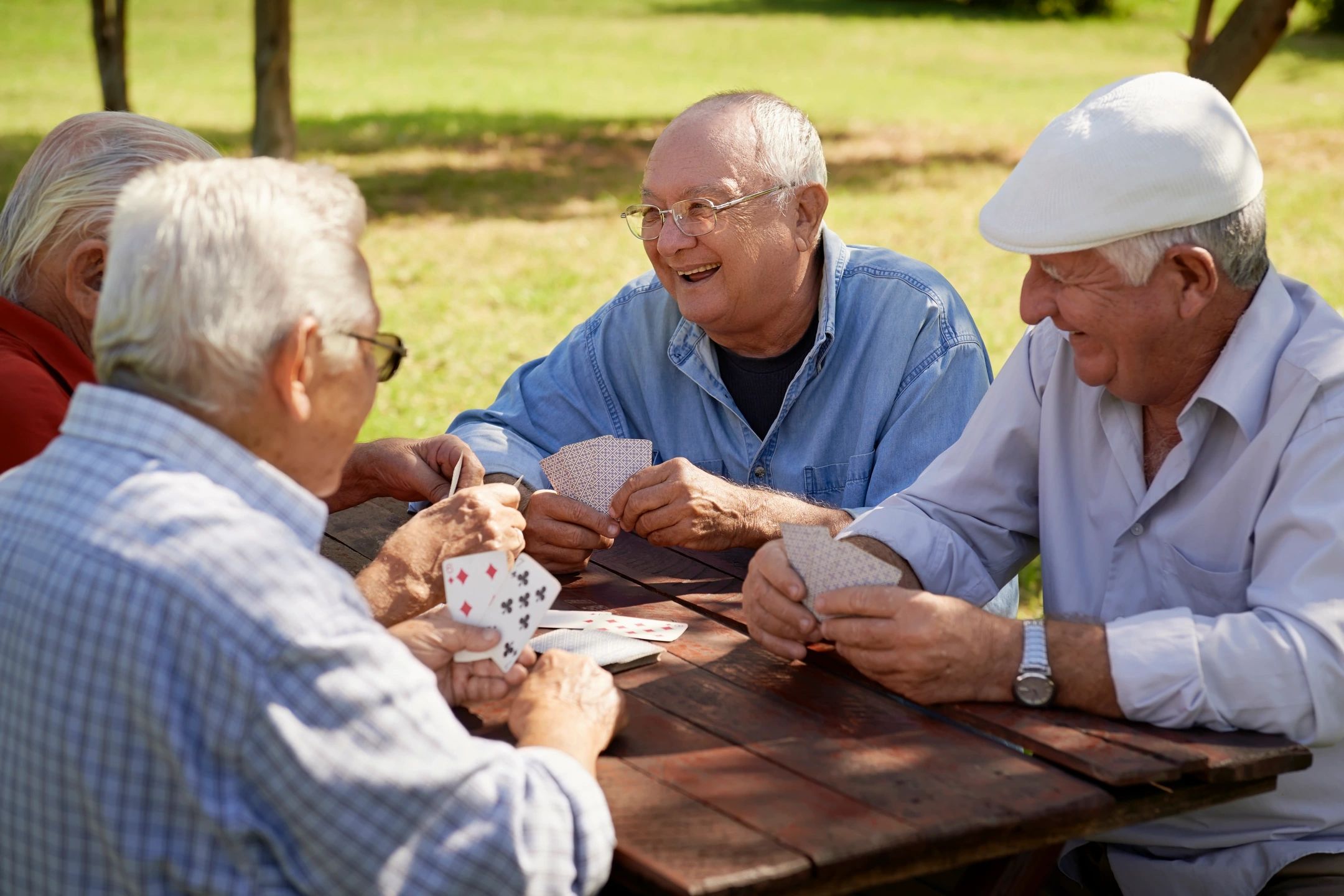The Heart of Home Care: Supporting Seniors' Emotional Well-being

Aging brings many changes, but one thing remains essential—companionship. As seniors grow older, maintaining social connections isn’t just about staying entertained; it’s a key factor in their overall health and longevity. Research shows that loneliness can have the same impact on a senior’s health as smoking 15 cigarettes a day, increasing the risk of heart disease, dementia, and depression.
For families with aging loved ones, ensuring they have consistent companionship can greatly improve their quality of life. Here’s why social interaction is so important for seniors and how caregivers can help them stay engaged and thriving.
Understanding the Emotional Needs of Older Adults
As people age, they often experience changes that can deeply affect their emotional health, such as the loss of a spouse or friends, reduced independence, or chronic health conditions. These shifts can lead to feelings of sadness, anxiety, or low self-worth, especially if the person feels isolated or no longer has a strong sense of purpose.
For more on mental health in aging, read our blog on seasonal depression among seniors.
The Risk of Isolation and Depression
Social isolation is one of the most common and serious emotional challenges seniors face. According to the National Institute on Aging, prolonged isolation can be as damaging to a person’s health as smoking 15 cigarettes a day. It’s not just about being alone—it’s about feeling disconnected, which can take a toll on both mental and physical health.
Benefits of Home Care
Emotional, Social, and Physical Support Combined
Home care provides more than help with medication or meal prep. When delivered with intention, it fosters a stable, reassuring presence in a senior’s life. Emotional and social support can be woven into each routine interaction, promoting a sense of connection and dignity.
Building Trusting Relationships with Caregivers
Caregivers who take the time to listen, learn a client’s preferences, and engage meaningfully can become more than just helpers—they can be trusted companions. These relationships are key to creating an environment where seniors feel safe and valued.
Activities That Promote Emotional Wellness
Mind-Stimulating Games and Creative Outlets
Simple activities like puzzles, art, music, or journaling can boost mood and cognitive engagement. These outlets not only reduce boredom but help seniors express themselves and stay mentally active.
Encouraging Movement, Nature, and Routine
Daily walks, stretches, or just sitting in the sun can improve both physical and emotional health. A predictable routine, even with small activities, can reduce anxiety and foster a sense of control.
Facilitating Family Involvement and Communication
Staying connected to loved ones—whether through scheduled calls, shared meals, or life updates—has a huge impact on emotional health. Caregivers can play a supportive role in keeping those lines of communication open.
This article from the Mayo Clinic outlines the emotional benefits of regular activity and family interaction.
Care That Connects: Honoring the Emotional Side of Aging
Caring for a loved one goes beyond meeting their physical needs—it’s about preserving their spirit, identity, and emotional well-being. At Ohio Home Cares, our approach is rooted in this belief. We work to create a space where every senior feels heard, understood, and supported in all aspects of life.
If you’re considering home care for a loved one, we encourage you to start a conversation. Let’s work together to build a care plan that supports both the heart and the body.
Contact us today to schedule a free consultation and explore more of our personalized home care services.
The Heart of Home Care: Supporting Seniors’ Emotional Well-being
The Heart of Home Care: Supporting Seniors' Emotional Well-being Aging brings...
Why Companionship Matters: How Social Interaction Helps Seniors Thrive
Why Companionship Matters: How Social Interaction Helps Seniors Thrive Aging brings...
Cold Weather, Warm Care: Helping Seniors Cope with Seasonal Depression
Cold Weather, Warm Care: Helping Seniors Cope with Seasonal Depression As...



